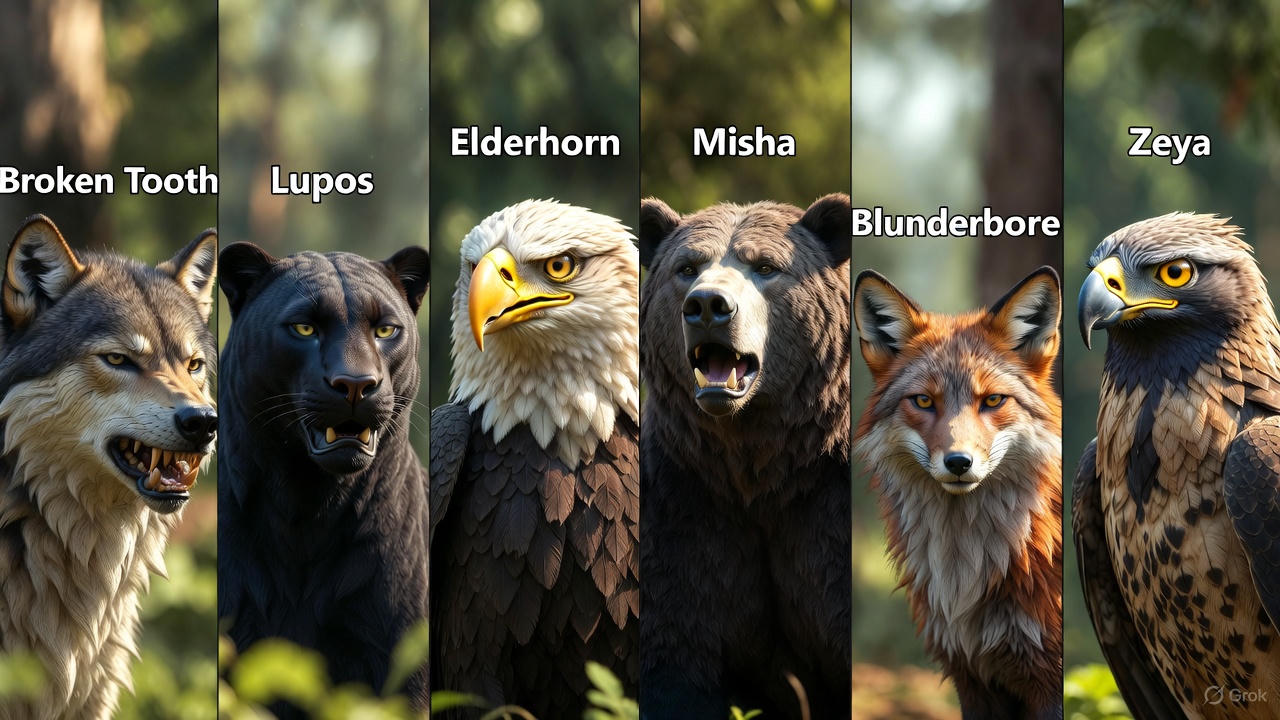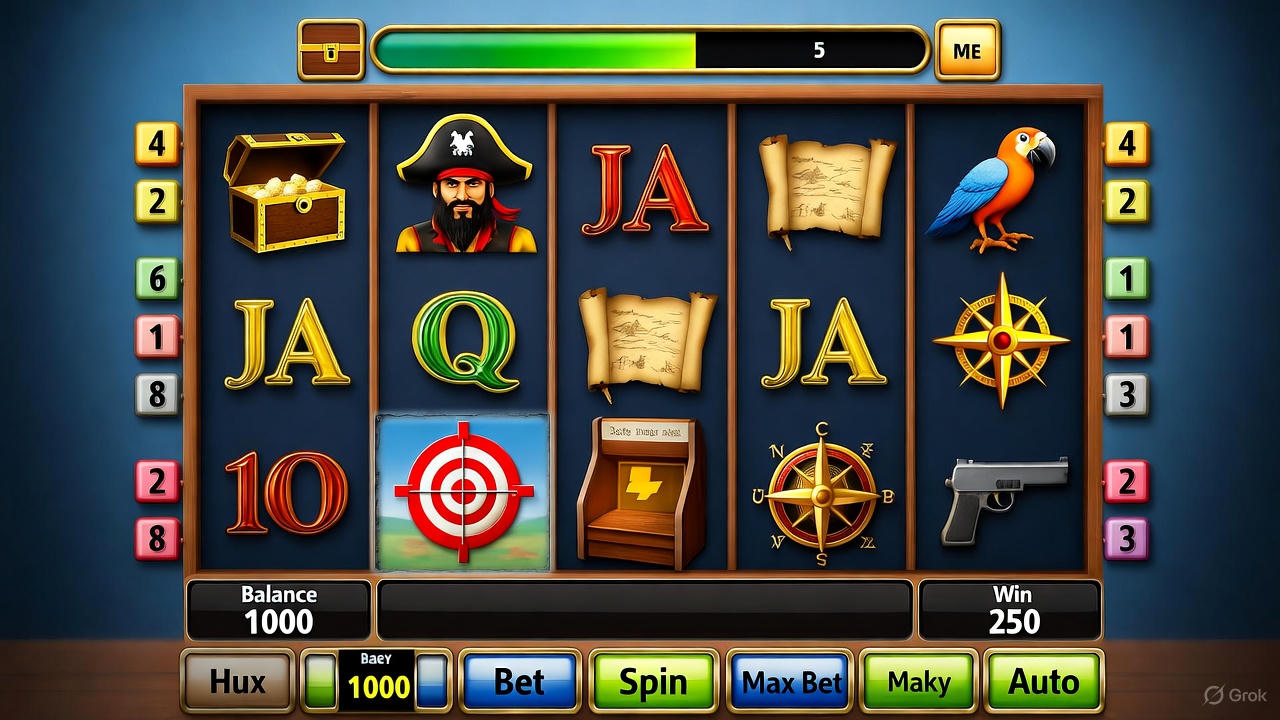The esports industry has skyrocketed, captivating audiences worldwide with its thrilling competitions and massive prize pools. By 2025, the global esports audience is projected to surpass 318 million dedicated fans, with an additional 322.7 million occasional viewers, according to Newzoo’s 2024 Esports Market Report. The industry’s revenue is expected to hit $2.6 billion by 2025, driven by sponsorships, media rights, and in-game purchases.
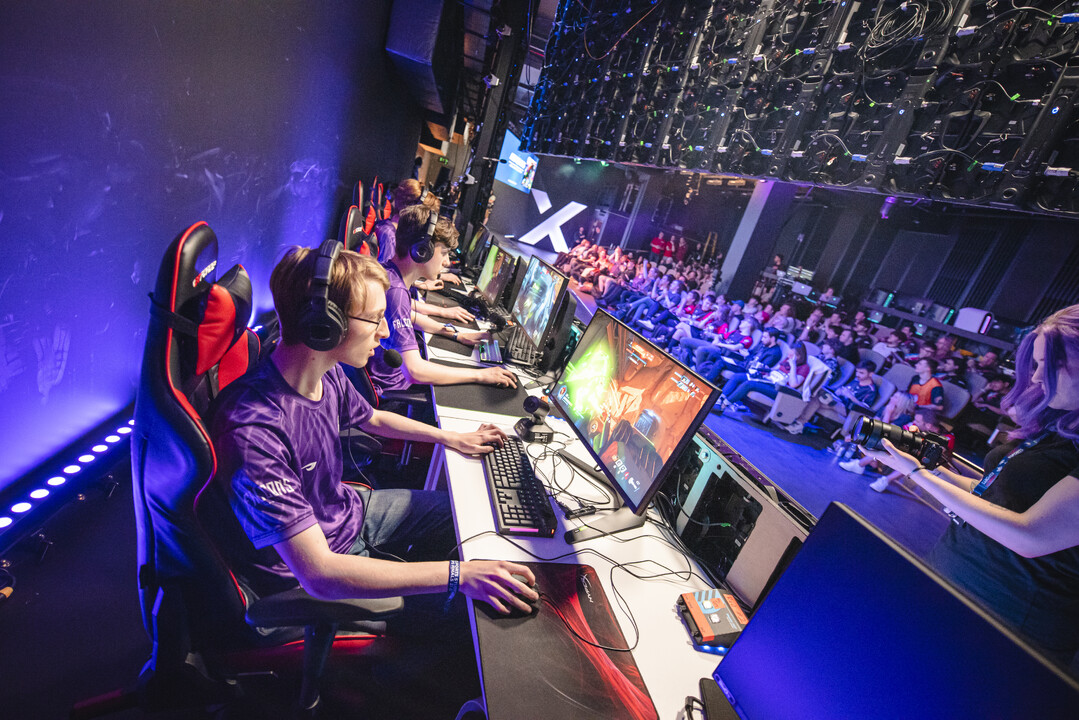
This guide dives into the most popular esports games of 2025, enriched with detailed insights, strategic tips, viewership stats, and notable tournaments. Whether you’re a beginner or a seasoned player, this comprehensive resource will help you navigate the competitive gaming landscape with valuable facts and actionable advice.
Why Esports is Thriving
Esports combines skillful gameplay, strategic depth, and spectator appeal, creating a dynamic ecosystem. Here are key reasons for its explosive growth:
-
Global Accessibility: Free-to-play models and cross-platform support make games like Fortnite and Valorant accessible to millions.
-
Massive Prize Pools: Events like The International 2021 for Dota 2 offered a record-breaking $40 million prize pool, incentivizing top-tier competition.
-
Cultural Impact: Esports stars like Faker (League of Legends) and S1mple (Counter-Strike) are global icons, inspiring millions.
-
Technological Advancements: High-quality streaming platforms like Twitch and YouTube, with over 30 million daily active users on Twitch alone, make esports widely available.
The Theory Behind Esports Success
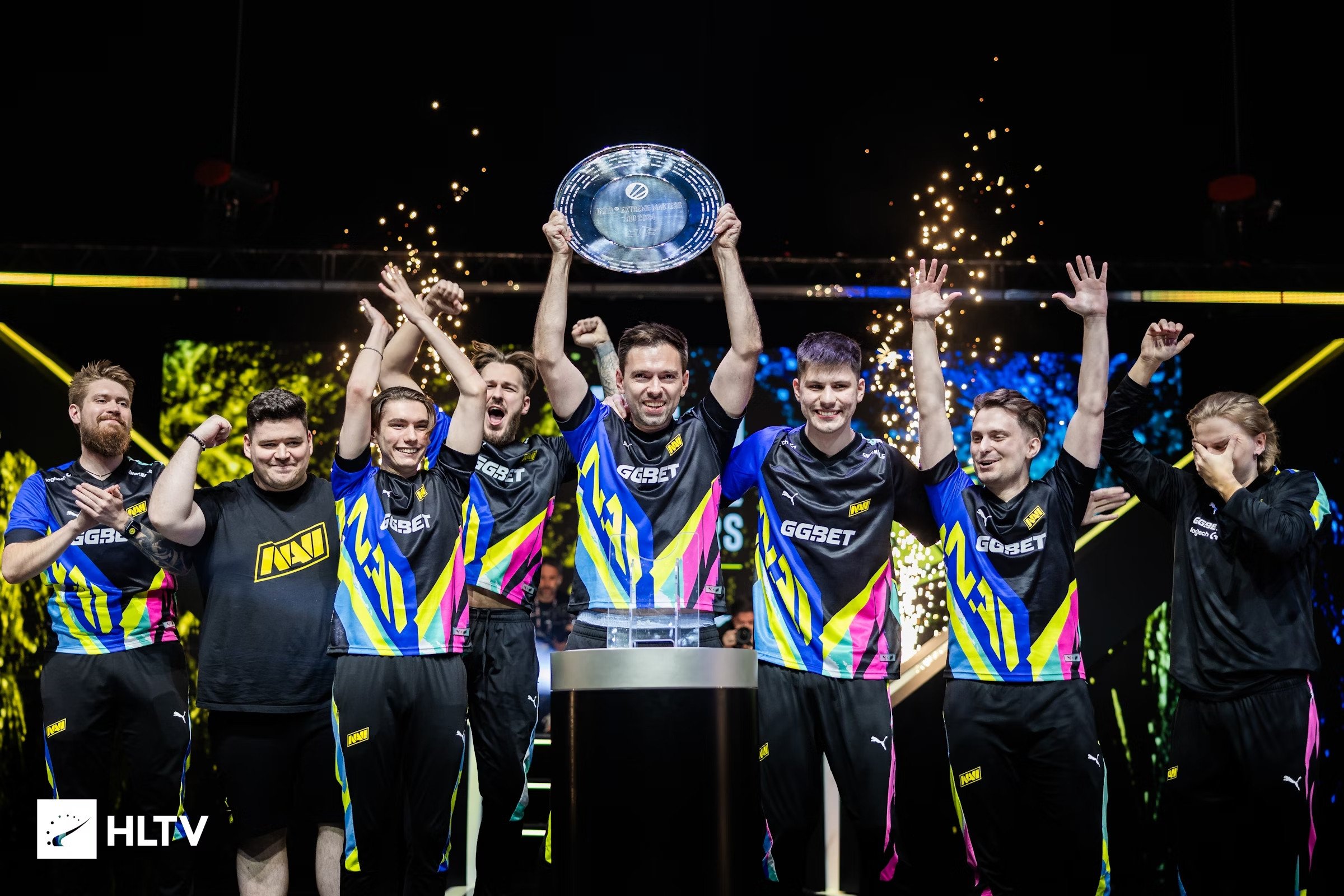
Successful esports AAA games share common traits that ensure longevity and engagement:
-
Game Design:
-
High Skill Ceiling: Games like Dota 2 and Counter-Strike allow players to hone skills over years, with pros mastering mechanics like last-hitting or recoil control.
-
Balanced Mechanics: Regular patches (e.g., League of Legends’ bi-weekly updates) ensure no single strategy dominates, keeping the meta fresh.
-
Strategic Depth: Titles like Valorant offer diverse agent abilities, encouraging creative playstyles.
-
-
Competitive Balance:
-
Skill-Based Matchmaking: Systems like Valorant’s ranked mode pair players of similar skill, ensuring fair matches.
-
Role Variety: Overwatch 2 balances tanks, DPS, and supports to promote teamwork.
-
-
Player Skills:
-
Mechanical Precision: In Counter-Strike, pros achieve 90%+ headshot accuracy in clutch moments.
-
Game Sense: Top League of Legends players predict enemy movements based on map control and vision.
-
-
Spectator Appeal:
-
Clutch Moments: Highlight-reel plays, like a 1v5 ace in Valorant, captivate audiences.
-
Production Quality: Events like the Six Invitational use multi-angle replays and expert commentary to enhance viewer experience.
-
-
Community Dynamics:
-
Grassroots Support: Local tournaments, like Rocket League’s community cups, nurture talent.
-
Developer Engagement: Riot Games hosts AMAs and patch notes to keep players informed.
-
Top Esports Games of 2025
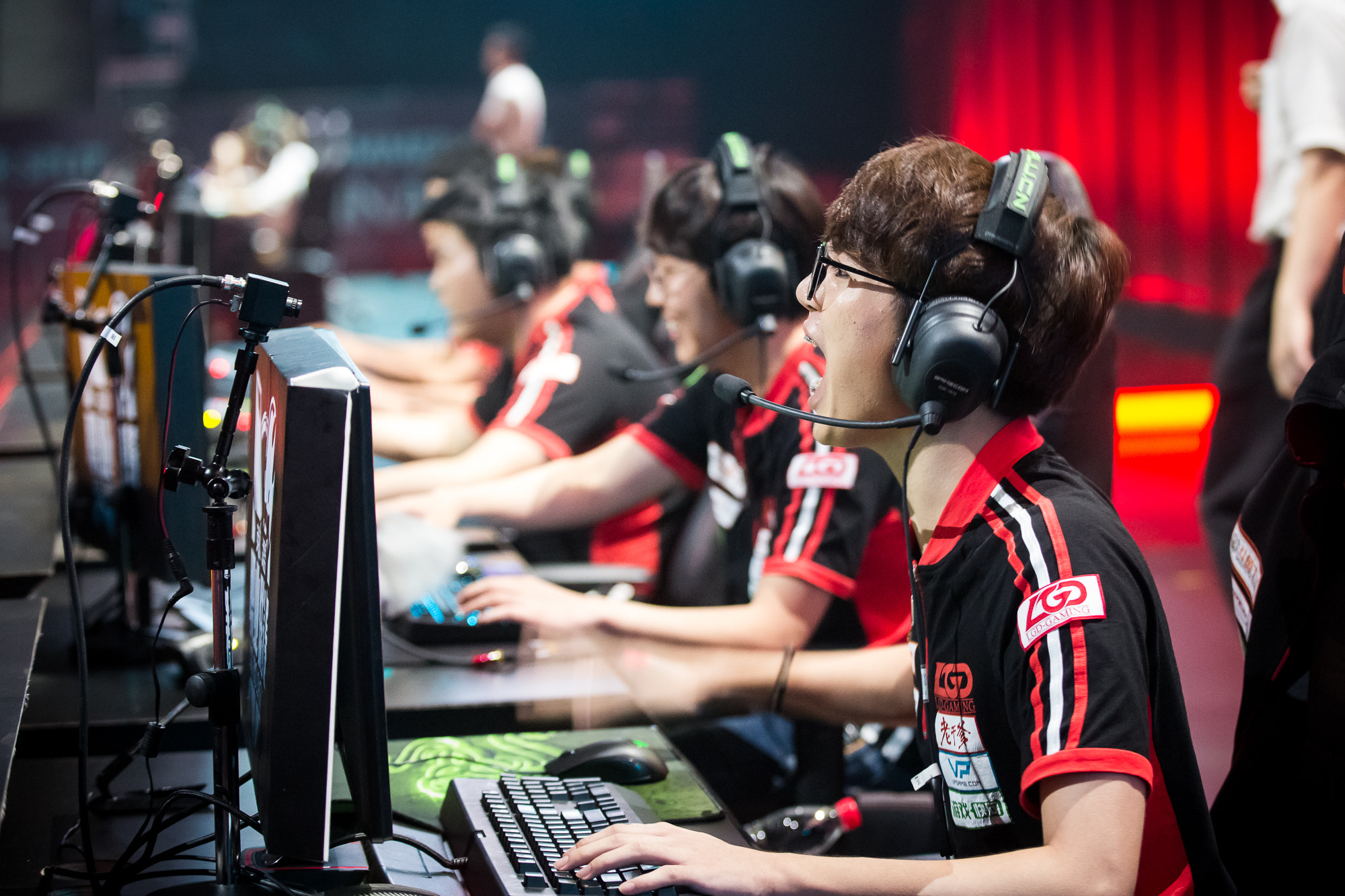
Below is a detailed breakdown of the most popular esports titles in 2025, including gameplay mechanics, competitive scenes, strategic tips, and notable stats. Overviews are presented as tables for clarity.
1. League of Legends (LoL)
|
Aspect |
Details |
|---|---|
|
Genre |
Multiplayer Online Battle Arena (MOBA) |
|
Developer |
Riot Games |
|
Platforms |
PC |
|
Peak Viewership |
6.9 million concurrent viewers (2024 Worlds, Esports Charts) |
Gameplay
Two teams of five players battle on Summoner’s Rift, aiming to destroy the enemy Nexus. Each player controls a champion with unique abilities, roles (e.g., top, mid, ADC), and items tailored to their playstyle. Matches last 25–45 minutes, with objectives like dragons and Baron Nashor shaping strategies.
Why It’s Popular
-
Strategic Depth: Over 160 champions and countless item builds create endless possibilities.
-
Global Reach: Regional leagues (LCK, LPL, LCS) feed into the World Championship, which drew 73.8 million hours watched in 2024.
-
Accessibility: Free-to-play with a robust tutorial for beginners.
Notable Tournaments
-
World Championship (Worlds): The pinnacle of LoL esports, with a $2.2 million prize pool in 2024.
-
Mid-Season Invitational (MSI): A mid-year global showdown.
-
LCS/LEC/LCK/LPL: Regional leagues with weekly matches.
Strategic Tips
-
Ward Placement: Place vision wards in river bushes to spot enemy junglers. Pros maintain 2–3 wards per minute.
-
Wave Management: Freeze minion waves near your tower to deny enemy farm.
-
Objective Focus: Prioritize dragons; stacking four grants a game-changing buff.
Pros
-
Frequent updates (new champions, skins).
-
Massive community (120 million monthly players).
-
High skill ceiling for pros.
Cons
-
Steep learning curve (100+ champions to learn).
-
Toxicity in ranked modes.
Fun Fact: Faker, LoL’s greatest player, has won four World Championships and earned over $1.4 million in prize money.
2. Counter-Strike 2 (CS2)
|
Aspect |
Details |
|---|---|
|
Genre |
First-Person Shooter (FPS) |
|
Developer |
Valve Corporation |
|
Platforms |
PC |
|
Peak Viewership |
2.8 million concurrent viewers (2024 Major) |
Gameplay
Two teams of five (Terrorists vs. Counter-Terrorists) compete in objective-based modes, primarily bomb planting/defusal. Matches consist of 30 rounds, with teams switching sides at halftime. Economy management (buying weapons) is critical.
Why It’s Popular
Precision-Based: Aiming skills and map knowledge dominate (e.g., mastering Mirage’s smokes).
•Competitive Legacy: CS has been an esports staple since 2000.
• Custom Content: Community-created skins generate $1 billion annually for Valve. If you want to quickly and cheaply buy weapon skins, cases, rare knives, gloves, and any other Steam items — opmarket.com, they offer some of the best prices on the market with instant cashouts.
Notable Tournaments
-
PGL Major: The biggest CS2 event, with a $1.25 million prize pool.
-
ESL Pro League: A season-long competition.
-
Intel Extreme Masters (IEM): Known for iconic moments like s1mple’s AWP clutch.
Strategic Tips
-
Economy Management: Save credits during eco rounds to afford rifles later.
-
Grenade Usage: Learn lineups for smokes and flashes (e.g., Dust2’s Xbox smoke).
-
Crosshair Placement: Keep your crosshair at head level to minimize reaction time.
Pros
-
Deep tactical gameplay.
-
Strong esports infrastructure.
-
High replayability.
Cons
-
High skill barrier for newcomers.
-
Occasional cheating issues in matchmaking.
Fun Fact: The AWP sniper rifle has a one-shot kill potential at close range, making it a fan-favorite weapon.
3. Dota 2
|
Aspect |
Details |
|---|---|
|
Genre |
Multiplayer Online Battle Arena (MOBA) |
|
Developer |
Valve Corporation |
|
Platforms |
PC |
|
Peak Viewership |
18.4 million hours watched (2024 International) |
Gameplay
Two teams of five players aim to destroy the enemy’s Ancient on a three-lane map. Each player controls a hero with unique abilities, leveling up through combat and farming. Matches last 30–60 minutes, with complex mechanics like denying creeps and courier management.
Why It’s Popular
-
Complexity: Over 120 heroes and intricate item builds create unmatched depth.
-
Crowdfunded Prizes: The International’s prize pool is funded by Battle Pass sales, reaching $40 million in 2021.
-
Community Mods: The Auto Chess mod birthed a new genre.
Notable Tournaments
-
The International: The largest esports event, with 18.4 million hours watched in 2024.
-
Dota Pro Circuit (DPC): A year-long qualification system.
-
ESL One: Known for high production quality.
Strategic Tips
-
Last-Hitting: Secure creep kills to maximize gold (pros average 80% last-hit efficiency).
-
Map Control: Use wards to spot enemy rotations; place them in high-traffic areas like rune spawns.
-
Itemization: Adapt builds to counter enemies (e.g., Black King Bar for magic immunity).
Pros
-
Unparalleled strategic depth.
-
Massive prize pools.
-
Active developer support.
Cons
-
Steep learning curve (100+ mechanics to master).
-
Long match times.
Fun Fact: The International 2021 holds the record for the largest esports prize pool ever at $40,018,195.
4. Valorant
|
Aspect |
Details |
|---|---|
|
Genre |
Tactical Shooter |
|
Developer |
Riot Games |
|
Platforms |
PC |
|
Peak Viewership |
3.2 million concurrent viewers (2024 Champions) |
Gameplay
Two teams of five compete in a bomb plant/defusal mode, with each player selecting an agent with unique abilities (e.g., Sova’s recon dart). Matches feature 13 rounds per half, emphasizing teamwork and precise aim.
Why It’s Popular
-
Hybrid Gameplay: Blends Counter-Strike’s gunplay with Overwatch’s abilities.
-
Esports Growth: The Valorant Champions Tour has expanded globally, with 40+ regional events.
-
Free-to-Play: Attracts millions with no upfront cost.
Notable Tournaments
-
Valorant Champions: The annual world championship.
-
VCT Masters: Mid-season global events.
-
Game Changers: A women’s circuit promoting inclusivity.
Strategic Tips
-
Ability Synergy: Combine abilities (e.g., Breach’s stun with Jett’s dash) for coordinated plays.
-
Angle Holding: Peek corners with minimal exposure; pros use “jiggle peeking” to bait shots.
-
Communication: Call out enemy positions clearly (e.g., “One B main, low HP”).
Pros
-
Fresh take on tactical shooters.
-
Diverse agent roster.
-
Frequent updates.
Cons
-
Occasional balance issues (e.g., Chamber nerfs).
-
Team-dependent gameplay.
Fun Fact: Valorant’s Spike Rush mode was inspired by Counter-Strike’s casual modes, offering quick 7-round matches.
5. Fortnite
|
Aspect |
Details |
|---|---|
|
Genre |
Battle Royale |
|
Developer |
Epic Games |
|
Platforms |
PC, Console, Mobile |
|
Peak Viewership |
2.1 million concurrent viewers (2024 FNCS) |
Gameplay
Up to 100 players drop onto a shrinking map, scavenging weapons and building structures to survive. Matches last 20–30 minutes, with the last player/team standing winning. Building mechanics allow for dynamic cover and verticality.
Why It’s Popular
-
Unique Building: Constructing forts mid-fight adds strategy (pros build 3–5 structures per second).
-
Cross-Platform: Playable on PC, consoles, and mobile, with 250 million registered players.
-
Pop Culture: Collaborations with Marvel, Star Wars, and artists like Travis Scott draw casual fans.
Notable Tournaments
-
Fortnite Champion Series (FNCS): Seasonal global events.
-
Fortnite World Cup: Offered a $30 million prize pool in 2019.
-
Cash Cups: Weekly competitions for pros and amateurs.
Strategic Tips
-
Build Patterns: Master 90-degree turns and ramp rushes for height advantage.
-
Resource Management: Harvest materials early; aim for 1,000+ wood per match.
-
Positioning: Stay near the circle’s edge to avoid early fights.
Pros
-
Innovative building mechanics.
-
Broad accessibility.
-
Constant content updates.
Cons
-
Building can overwhelm new players.
-
Competitive meta favors veterans.
Fun Fact: Bugha, the 2019 World Cup solo champion, won $3 million at age 16.
6. Call of Duty: Warzone
|
Aspect |
Details |
|---|---|
|
Genre |
Battle Royale |
|
Developer |
Infinity Ward/Raven Software |
|
Platforms |
PC, Console |
|
Peak Viewership |
1.8 million concurrent viewers (2024 CDL) |
Gameplay
Up to 150 players compete in solo, duo, trio, or quad modes on expansive maps. Players loot weapons, use vehicles, and revive teammates via the Gulag. Matches last 15–25 minutes, with fast-paced gunfights.
Why It’s Popular
-
Familiar Mechanics: Builds on Call of Duty’s smooth gunplay.
-
Cross-Platform: Supports PC, PlayStation, and Xbox.
-
Free-to-Play: Over 100 million downloads since launch.
Notable Tournaments
-
Call of Duty League (CDL): A franchise-based league.
-
World Series of Warzone: Offers $500,000+ prize pools.
-
Twitch Rivals: Streamer-focused events.
Strategic Tips
-
Loadout Drops: Buy custom loadouts for optimized weapons (e.g., M4A1 with Monolithic Suppressor).
-
Gulag Strategy: Practice 1v1 aim in custom lobbies to win Gulag fights.
-
Positioning: Hold high ground or buildings in late-game circles.
Pros
-
Fast-paced action.
-
Strong developer support.
-
Cross-platform play.
Cons
-
Large file sizes (100GB+).
-
High competition level.
Fun Fact: Warzone’s Gulag mechanic, a 1v1 second-chance fight, is unique to battle royale games.
7. Apex Legends
|
Aspect |
Details |
|---|---|
|
Genre |
Battle Royale |
|
Developer |
Respawn Entertainment |
|
Platforms |
PC, Console, Mobile |
|
Peak Viewership |
1.5 million concurrent viewers (2024 ALGS) |
Gameplay
20 squads of three players choose legends with unique abilities (e.g., Wraith’s portal) to outlast rivals. Matches emphasize movement, teamwork, and looting, lasting 20–30 minutes.
Why It’s Popular
-
Fluid Movement: Sliding, ziplining, and wall-running create dynamic fights.
-
Legend Variety: Over 25 legends cater to different playstyles.
-
Respawn Beacons: Revive downed teammates for comebacks.
Notable Tournaments
-
Apex Legends Global Series (ALGS): A year-long circuit.
-
Twitch Rivals: Streamer events.
-
Pro League: Regional competitions.
Strategic Tips
-
Legend Synergy: Pair legends like Gibraltar (defensive) with Octane (mobility) for balanced squads.
-
Weapon Choices: Use meta weapons like the R-301 (high accuracy).
-
Rotations: Plan map paths to avoid early ambushes.
Pros
-
Unique legend abilities.
-
Smooth gameplay.
-
Regular updates.
Cons
-
Some legends dominate meta.
-
Teamwork is essential.
Fun Fact: Apex reached 50 million players within a month of its 2019 launch.
8. Rocket League
|
Aspect |
Details |
|---|---|
|
Genre |
Sports/Action |
|
Developer |
Psyonix |
|
Platforms |
PC, Console |
|
Peak Viewership |
1.2 million concurrent viewers (2024 RLCS) |
Gameplay
Teams of 2–4 players drive rocket-powered cars to score goals with a giant ball in 5-minute matches. Advanced mechanics like aerials and dribbling elevate competitive play.
Why It’s Popular
-
Unique Concept: Soccer meets cars, appealing to casual and competitive players.
-
Cross-Platform: Over 90 million monthly players.
-
Easy to Learn: Simple controls but a high skill ceiling.
Notable Tournaments
-
Rocket League Championship Series (RLCS): The premier league.
-
Rocket League Summit: Invitational events.
-
DreamHack Pro Circuit: Large-scale LANs.
Strategic Tips
-
Aerial Control: Practice aerial shots in training mode; pros hit 80% accuracy.
-
Rotation: Avoid ball-chasing; rotate back to defense after attacking.
-
Boost Management: Collect small boost pads to maintain speed.
Pros
-
Innovative gameplay.
-
Strong competitive scene.
-
Accessible to newcomers.
Cons
-
High skill ceiling for pros.
-
Can feel repetitive.
Fun Fact: Rocket League’s esports scene has awarded over $20 million in prizes since 2016.
9. Rainbow Six Siege
|
Aspect |
Details |
|---|---|
|
Genre |
Tactical Shooter |
|
Developer |
Ubisoft |
|
Platforms |
PC, Console |
|
Peak Viewership |
2.3 million concurrent viewers (2024 Six Invitational) |
Gameplay
Two teams of five (attackers vs. defenders) use operators with unique gadgets in objective-based modes (e.g., bomb defusal). Destructible environments allow for creative strategies.
Why It’s Popular
-
Strategic Depth: Over 70 operators offer diverse playstyles.
-
Destructible Maps: Breach walls or floors for new angles.
-
Comeback Potential: One clutch play can turn a match.
Notable Tournaments
-
Six Invitational: The world championship, with a $3 million prize pool.
-
Pro League: Regional circuits.
-
Major Tournaments: Global showdowns.
Strategic Tips
-
Drone Usage: Scout with drones before attacking; save them for intel.
-
Reinforcements: Prioritize reinforcing key walls (e.g., garage on Consulate).
-
Operator Synergy: Pair operators like Thermite and Thatcher to breach reinforced walls.
Pros
-
Deep tactical gameplay.
-
Regular updates.
-
Unique operators.
Cons
-
High learning curve.
-
Team coordination required.
Fun Fact: The Six Invitational 2024 saw a 330,000 peak concurrent viewership for the grand final.
10. Overwatch 2
|
Aspect |
Details |
|---|---|
|
Genre |
Team-Based Shooter |
|
Developer |
Blizzard Entertainment |
|
Platforms |
PC, Console |
|
Peak Viewership |
1.1 million concurrent viewers (2024 OWL) |
Gameplay
Two teams of five players select heroes across roles (tank, DPS, support) to complete objectives like capturing points or escorting payloads. Matches last 10–20 minutes, emphasizing coordination.
Why It’s Popular
-
Diverse Heroes: Over 40 heroes with unique abilities (e.g., Tracer’s blink).
-
Teamplay: Role synergy is key (e.g., Reinhardt’s shield with Ana’s healing).
-
Free-to-Play: Launched as a free title in 2022.
Notable Tournaments
-
Overwatch League (OWL): A franchise-based league.
-
Overwatch Contenders: A feeder circuit.
-
World Cup: National team competitions.
Strategic Tips
-
Ult Tracking: Predict enemy ultimates to counter them (e.g., Zenyatta’s Transcendence vs. Zarya’s Graviton).
-
Positioning: Stay behind tanks as support; flank as DPS like Genji.
-
Cooldown Management: Time abilities like Mercy’s Resurrect for maximum impact.
Pros
-
Wide hero variety.
-
Strong team focus.
-
Regular updates.
Cons
-
Balance issues with some heroes.
-
Team-dependent success.
Fun Fact: Overwatch 2 reached 25 million players in its first 10 days.
Getting Started in Esports
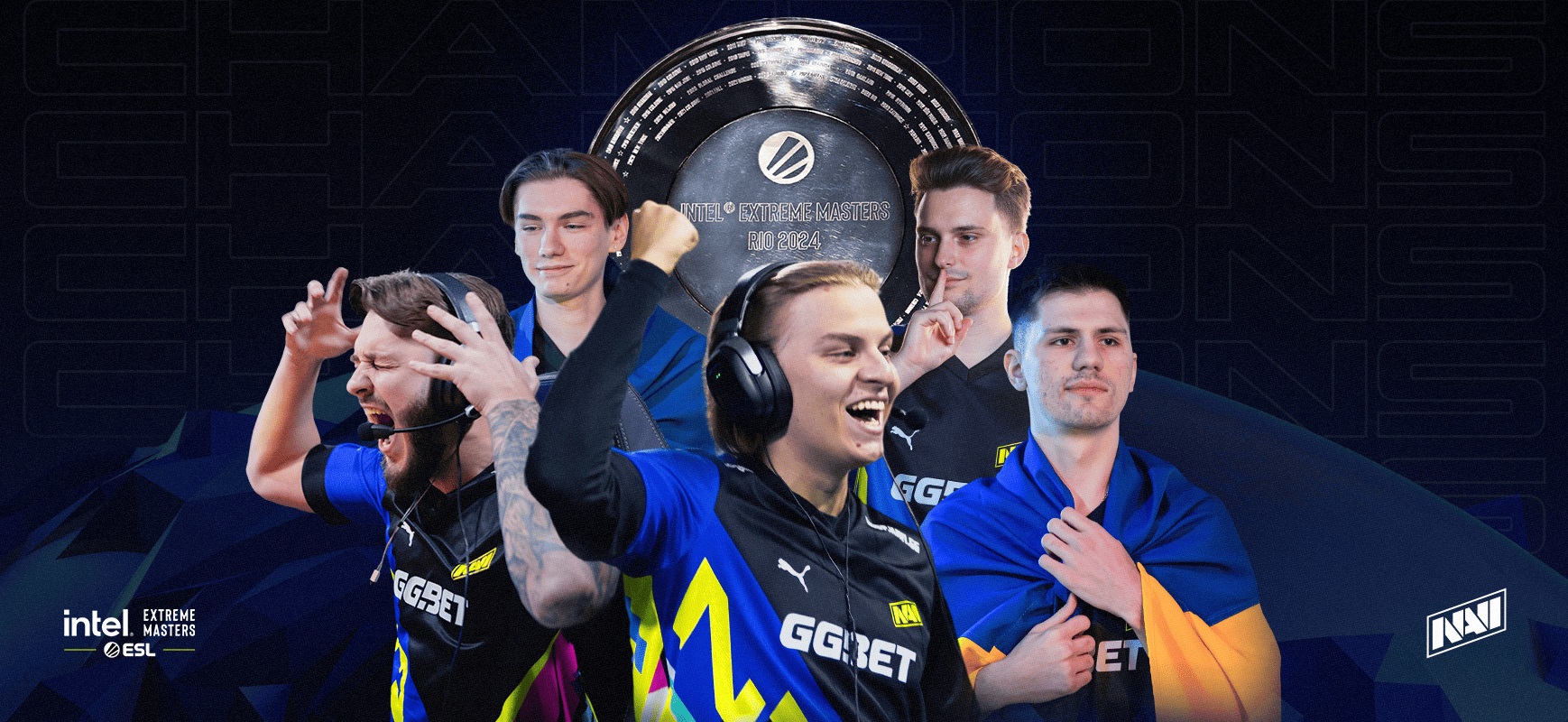
Ready to dive into competitive gaming? Follow these steps:
-
Choose a Game: Pick one that matches your playstyle (e.g., Valorant for shooters, LoL for strategy).
-
Learn the Basics: Watch tutorials on YouTube or Twitch (e.g., Rocket League’s SunlessKhan for mechanics).
-
Practice: Use training modes or aim trainers like Kovaak’s for shooters.
-
Join Communities: Discord servers and Reddit (e.g., r/Competitiveoverwatch) offer tips and teammates.
-
Compete: Start with local tournaments or ranked modes, then aim for amateur leagues like ALGS Challenger Circuit.
Pro Tip: Record your gameplay to review mistakes. Pros like TenZ (Valorant) analyze VODs to improve.
The Future of Esports
The esports industry is poised for continued growth:
-
AI Integration: Tools like xAI’s Grok could analyze gameplay in real-time, offering personalized coaching.
-
VR/AR: Games like Echo VR hint at immersive esports experiences.
-
Inclusivity: Initiatives like Valorant Game Changers promote diversity.
-
Sponsorships: Brands like Red Bull and Intel invest $1 billion annually in esports.
With 640 million viewers projected by 2025, esports is more than a niche—it’s a global phenomenon.
In Summary
Esports in 2025 offers something for everyone, from the strategic depths of Dota 2 to the fast-paced action of Fortnite. These games combine skillful gameplay, vibrant communities, and massive competitive scenes, making them cultural juggernauts. Whether you’re aiming to go pro or just enjoy the spectacle, the titles above provide endless opportunities for growth and excitement.
Start your esports journey today—pick a game, practice, and join the millions cheering for the next big play!



